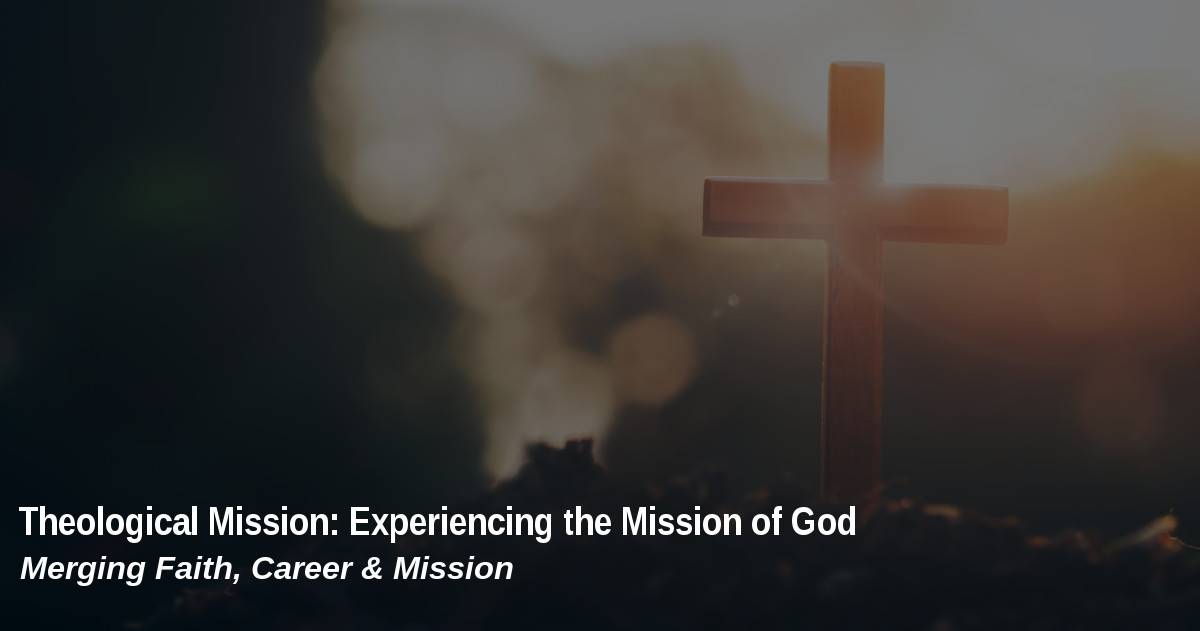DEPARTMENT OF THEOLOGICAL MISSION
Experience Theological Mission
Welcome Message
About the Department
Undergraduate Studies
Experiential Learning
- Dual Enrollment Academy
- Observership
- Undergraduate Certificates
- Practicum
- Associate Degree Experiences
- Observership
- Practicum
- Bachelor Degree Experiences
- Observership
- Practicum
- Field Instruction
- Internship
- Mentorship
- Capstone
- Project
- Portfolio
- Research
- Thesis
Graduate Studies
Experiential Learning
- Graduate Certificates
- Practicum
- Master Degree Experiences
- Observership
- Practicum
- Field Instruction
- Internship
- Mentorship
- Portfolio
- Project
- Research
- Thesis
Doctoral Studies
Experiential Learning
- Doctoral Degree Experiences
- Intro to Doctoral Studies
- Research
- Dissertation
Resources
- School Resources
- University Resources
News and Calendar
- News Archive
- Calendar
Departmental Faculty
Course Descriptions
- Undergraduate Programs
- Graduate Programs
Contact Information

About the Department
The inclusion of experiential learning components and courses in the academic programs at Missional University has manifold benefits to students enrolled in each of the five departments of the School of Theological Studies namely: Biblical Studies, Missional Study and History, Moral and Social Theology, Cultural and Contextual Theology and Ecotheology Studies.
Experiential Learning Types
The Department of Theological Mission offers a variety of types of experiential learning activities for undergraduate and graduates in each of the five departments in the School of Theological Mission including observership, practicum, field instruction, internship, mentorship, capstone, portfolio, project, research and thesis courses.
Experiential Learning Outcomes
Students who successfully complete the experiential learning activities in the Department of Theological Mission gain valuable experience in their academic field.
Benefits to Biblical Studies Students.
By engaging in experiential learning activities and taking experiential learning courses STS students at Missional University who are pursuing Biblical Studies are educated in the art and science of Bible exegesis. They will:
- develop competence in contextual biblical exegesis
- grow in their ability to understand and navigate biblical languages
- acquire exegetical and hermeneutical skills
- advance skills in biblical research and writing
- reflect to seek practical application of Scriptural principles in all aspects of life
- gain confidence in communicating truth and principles embodied in Scriptures
Benefits to Missional Theology and History Students
By engaging in experiential learning activities and taking experiential learning courses STS students at Missional University who are pursuing a degree in Missional Theology and History are trained to be experts in historical events and movements that advance the mission of God. They will:
- seek practical applications of lessons learned from missional history to contemporary initiatives that aim to advance the mission of God
- reflect on the experiences of the saints who have gone before them
- discover their role or part in the ongoing redemptive mission of God
- build confidence in developing, critiquing and implementing initiatives that are not only faithful to God’s mission but also yield a productive result.
Benefits to Moral and Social Theology Students
By engaging in experiential learning activities and taking experiential learning courses STS students at Missional University who are pursuing a degree in Moral and Social Theology are equipped to engage contemporary worldviews on morality that are incompatible with Scriptures. They are also honed in addressing issues of personal and social injustice. They will:
- do theology to confront biblically divergent views on morality and social ethics
- develop confidence in communicating biblical convictions on morality and issues of social injustice
- nurture an attitude of grace, compassion, and justice in dealing with those whose worldview differs from them
- grow in their analytical skills as they dissect biblical teachings on morality and social ethics
- apply biblical teachings on morality and social ethics and their personal lives and in whatever contextual setting they are called to serve in the mission of God.
Benefits to Cultural and Contextual Theology Students
Through engaging in experiential learning activities and taking experiential learning courses Missional University students pursuing degrees in Cultural and Contextual Theology are molded to be effective communicators of the transcultural gospel which has been proclaimed and understood in diverse contexts. They will:
- apply principles in communicating the gospel in diverse contexts in a real-world setting
- obtain skills in analyzing different cultural context, including their own, those of others, and the contexts where God may be calling them to live and work missionally
- identify bridges for the gospel from the different cultural contexts they investigate and leverage the use of the same in gospel proclamation
- engage peoples from other cultural backgrounds using approaches that are reflective of biblical models of working with a diverse population
Benefits to Ecotheology Students
Through engaging in experiential learning activities and taking experiential learning courses STS students at Missional University who are pursuing a career in Ecotheology are trained to develop a theology of creation, including its value to God, purpose, relationship to humans and eschatological future. They will:
- learn by observing how human’s religious or spiritual worldviews relate to degradation of nature
- pinpoint current issues within the relationship between nature, and formulate ways to overcome these issues
- discover their role or part in advancing solutions to manage the ecosystem
- flourish in their ability to educate and mobilize others towards the biblical and responsible management of the ecosystems
